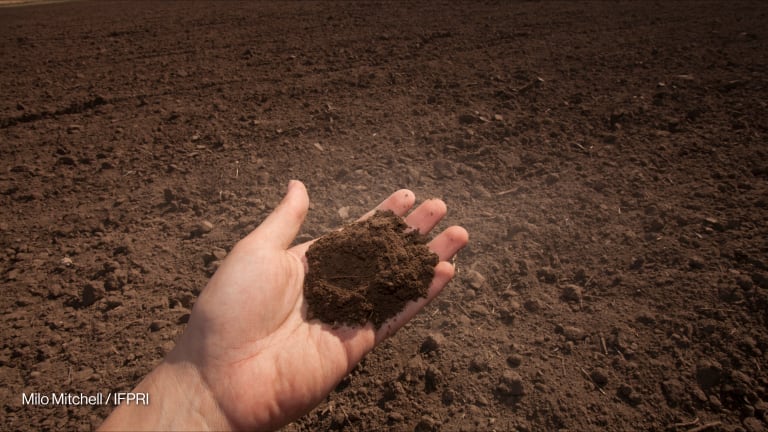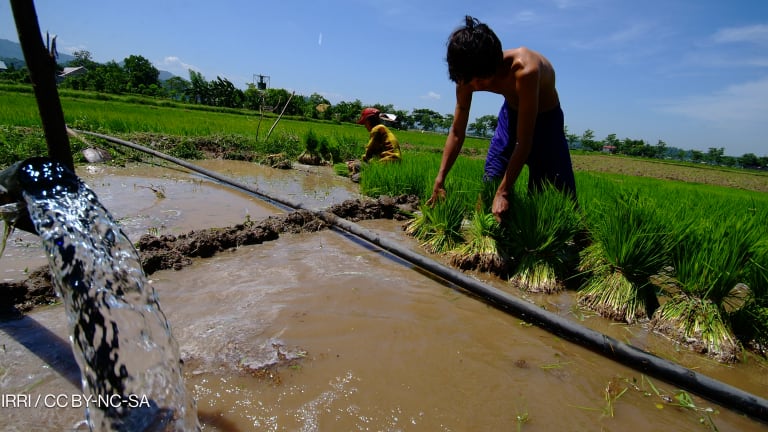As the impact of climate change becomes increasingly severe, agriculture is bearing the brunt as one of the sectors most affected by extreme weather. Meanwhile, the global agri-food system also contributes around a third of all greenhouse gas emissions.
In the face of this enormous challenge — a sector that needs to fortify itself against risks while also reducing its own impact — advocates and practitioners of regenerative agriculture have come to the fore, arguing that now is time for farming to transition to a much more sustainable model at scale.
“What I like about regenerative agriculture is that it gets to this idea of addressing land degradation as essential for all of these other things: for sustainability, for climate adaptation, for conservation and protection of water resources, and even economic and social development,” said Kristin Rosenow, a business development specialist for water smart agriculture and land restoration programming at Catholic Relief Services in Latin America.








